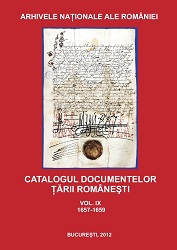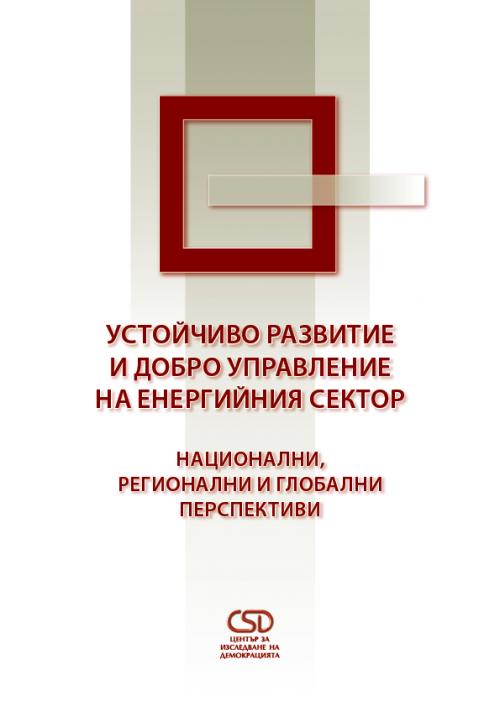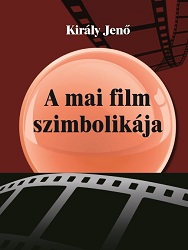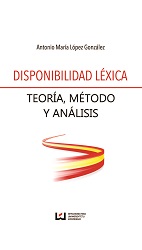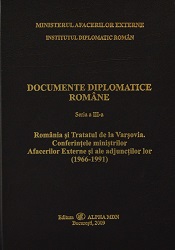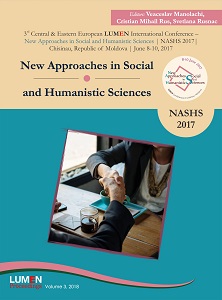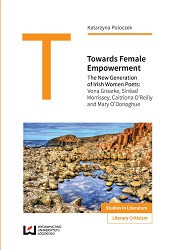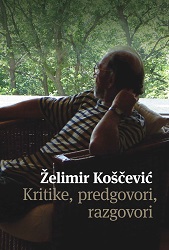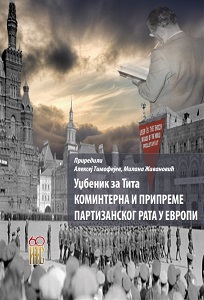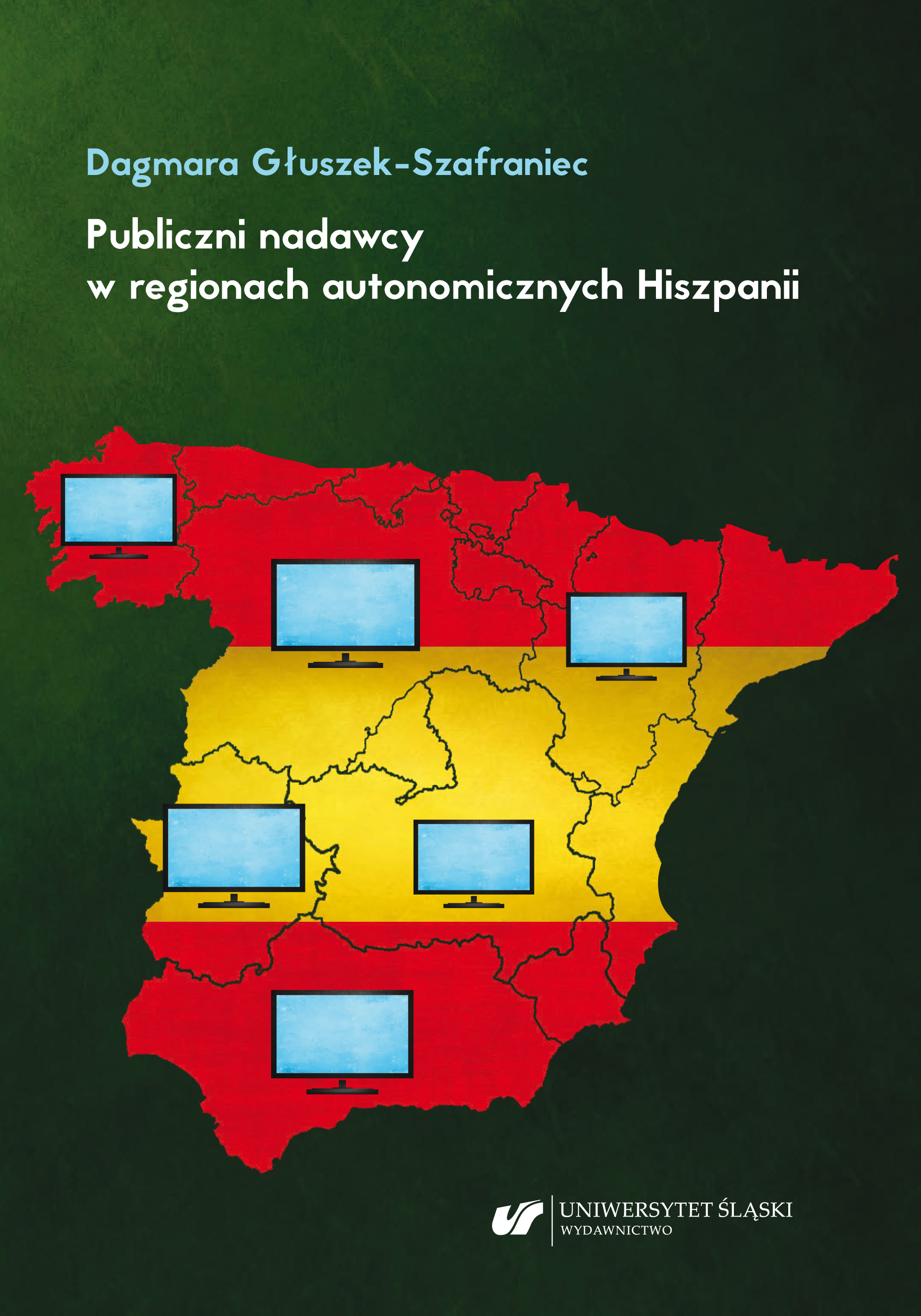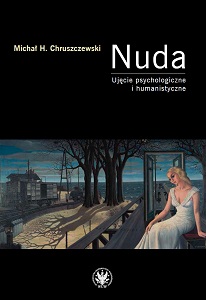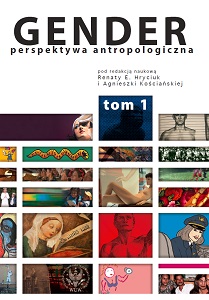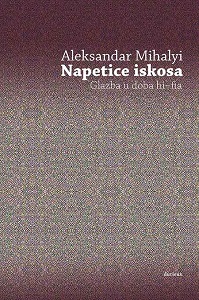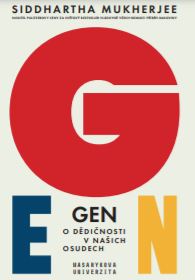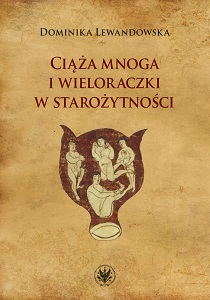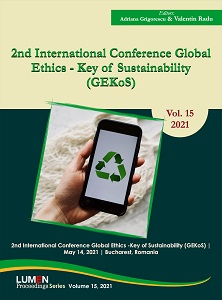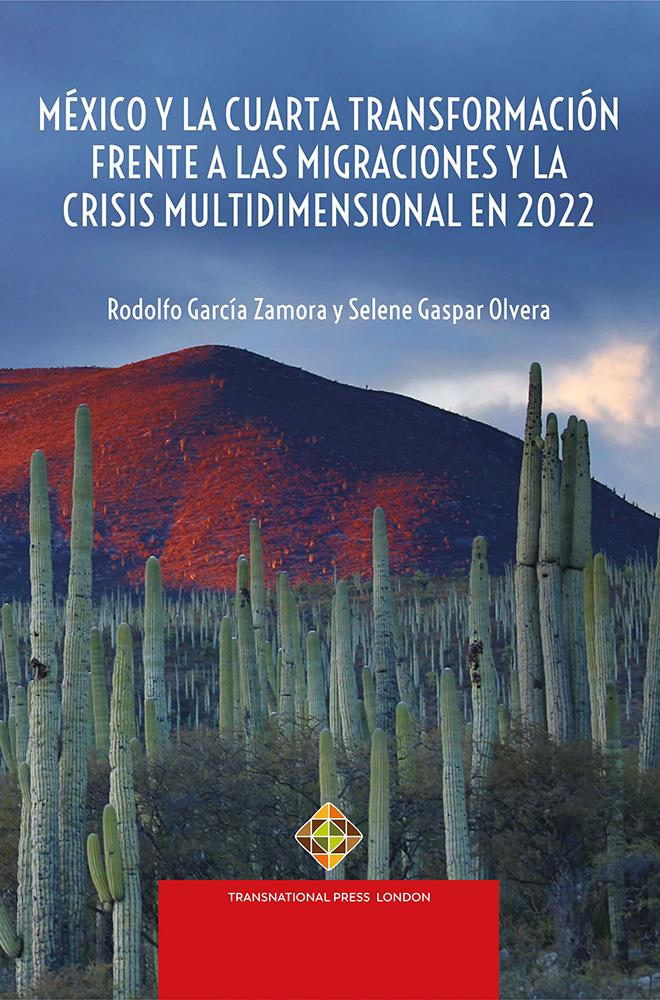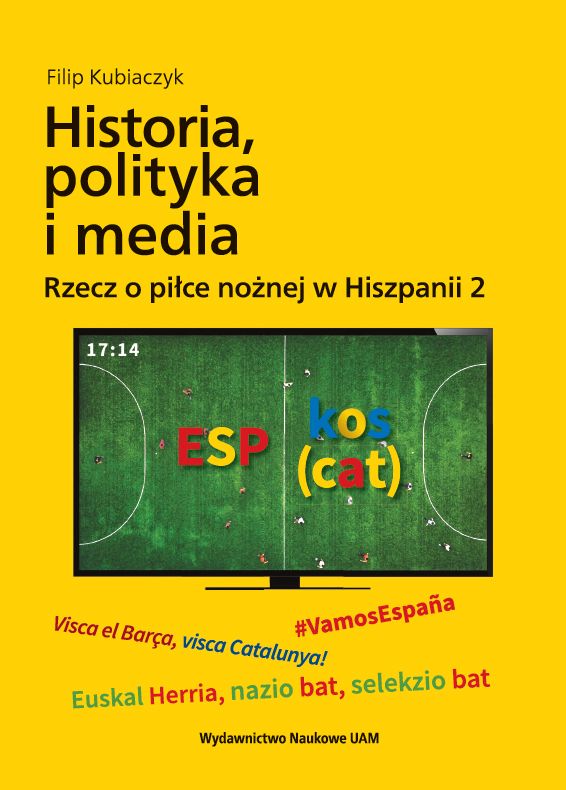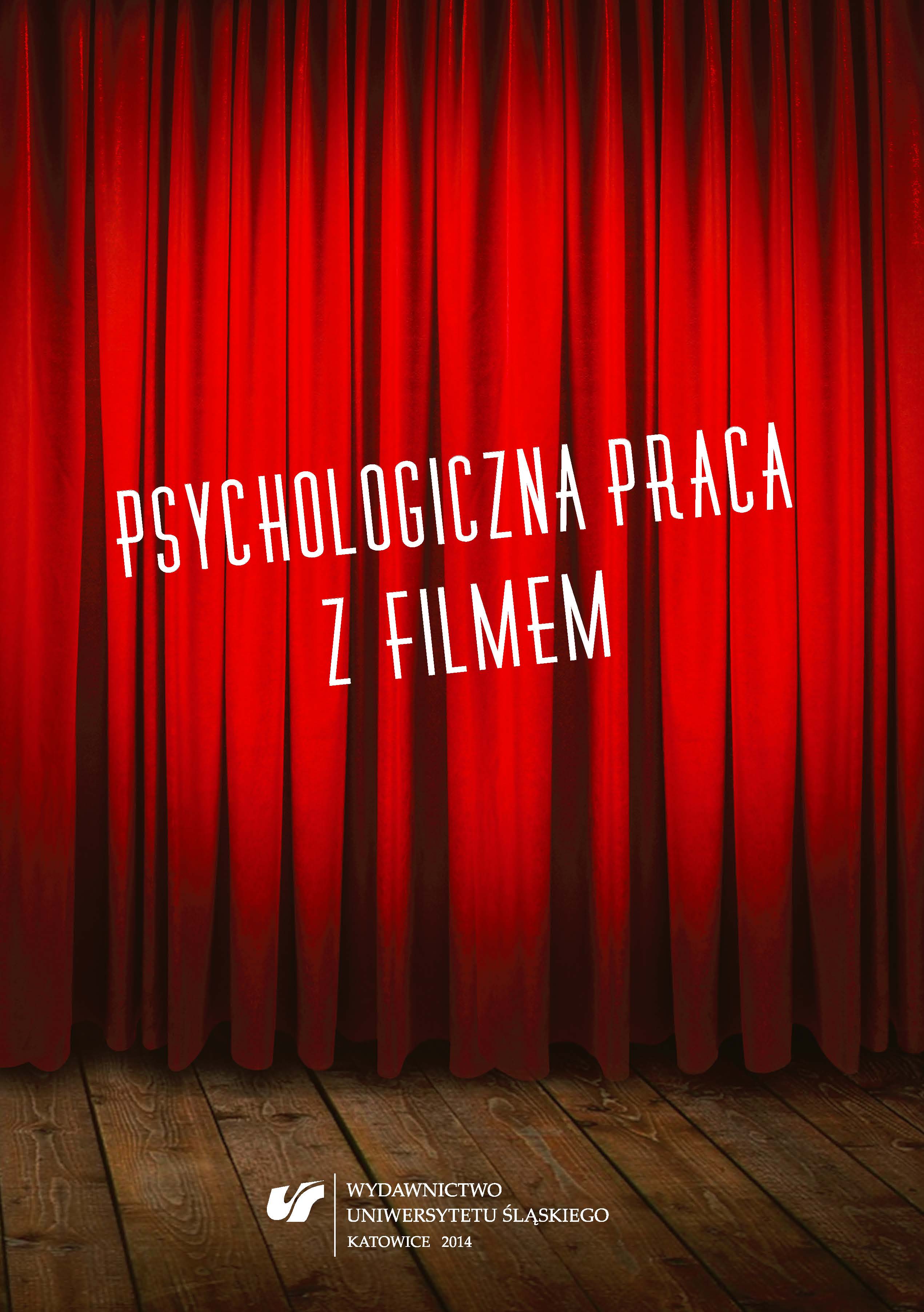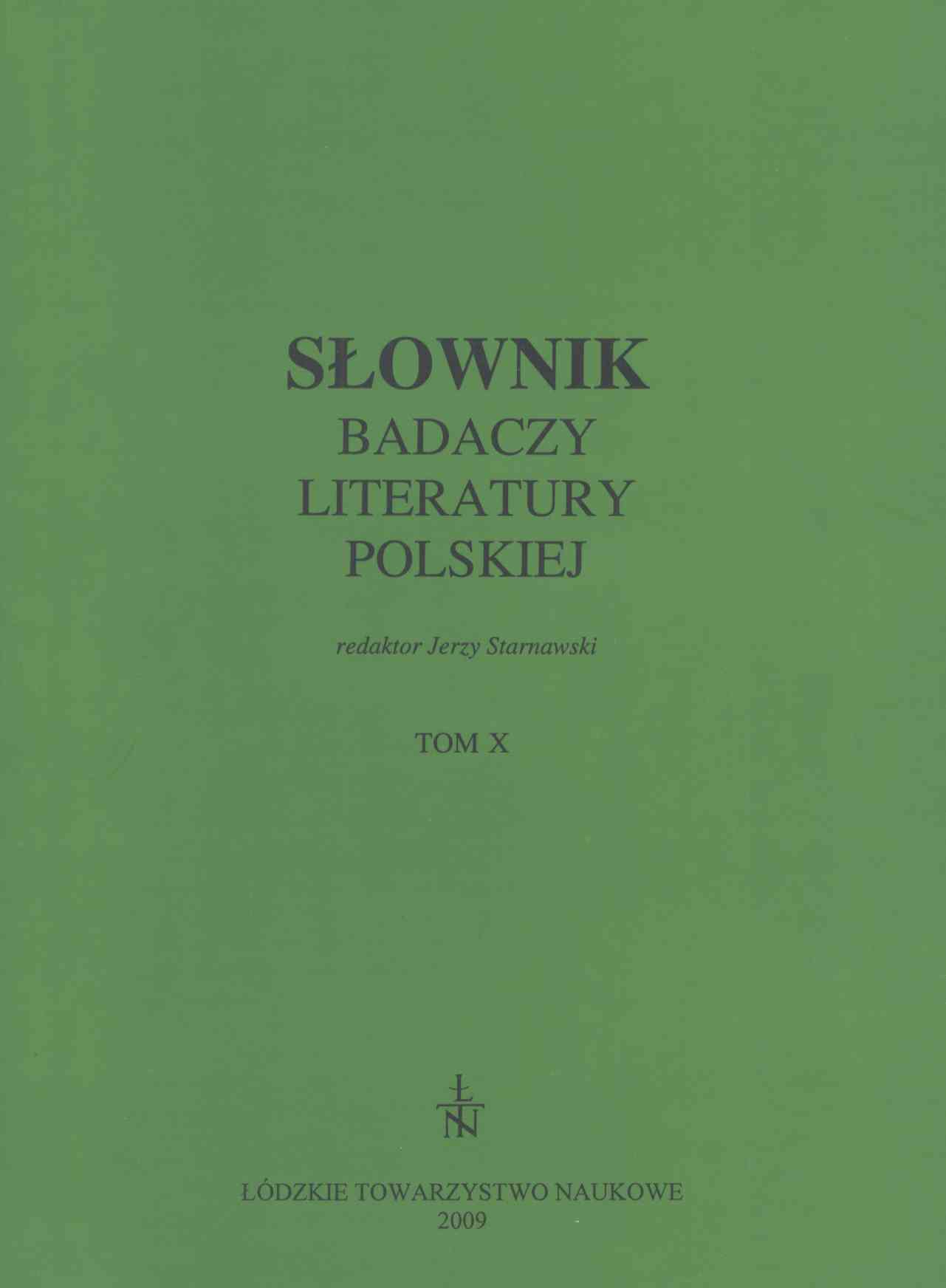
Dictionary of Polish literature scholars. Volume 10
Słownik badaczy literatury polskiej. Tom 10
Keywords: dictionary; Polish literature; scholars
Słownik badaczy literatury polskiej wydawany tzw. metodą holenderską (od A do Z w miarę napływania haseł) doszedł do dziesiątego tomu. Równocześnie wydaje się indeks haseł i autorów opracowujących je w tomach VI–X; analogiczny indeks do tomów I–V został wydany z tomem V. Tom X ukazuje się w 15 lat po pierwszym (1994). Po pewnym nabraniu wprawy szereg tomów ukazało się rytmicznie rok po roku. Jednak w 2008 r. nie wyszedł tom X, wykończenie go wymagało jeszcze nieco czasu. Przede wszystkim w latach ostatnich odeszło szereg osób bezwzględnie zasługujących na biogram. Zmarli w r. 2007 Maria Cytowska, Janusz Dunin-Horkawicz, Jerzy Pietrkiewicz nie otrzymali biogramów w tomie IX (2007), który był już gotowy przed dzienną datą ich śmierci. W r. 2008 odeszli: Krystyna Bednarska-Ruszajowa, Zbigniew Goliński, Mieczysław Klimowicz, Stanisław Makowski, Jerzy Poradecki, Wojciech Rzepka. Na początku r.b. zmarł Jan Błoński. Istniały też „zaległości”. Z różnych powodów, czy to z braku wiadomości o śmierci, czy ze względu na brak osoby, która podjęłaby się napisania biogramu lub też, podjąwszy się, nie wykonała zamówienia, nie otrzymali w poprzednich tomach biogramów: Ryszard Ergetowski, Zbigniew Folejewski, Jerzy Kwiatkowski, Konstanty Puzyna, Olga Scherer- -Virski, Janusz Stradecki, Maria Strzałkowa, Marian Tatara, Zofia Wołoszyńska. Lista z pewnością niepełna, ale wielu biogramów potrzebnych nie udało się pozyskać. Od tomu I począwszy przestrzegano zasady, by nie włączać do Słownika największych. Hasła poświęcone im musiałyby w proporcji przyjętej w Słowniku… mieć po kilkadziesiąt stronic, w wypadku Aleksandra Brücknera może nawet trzeba byłoby przekroczyć setkę. A przecież literatura przedmiotu o największych w naszej nauce istnieje. Były i są sytuacje „graniczne”, powodujące wątpliwość, czy dana osoba kwalifikuje się jeszcze do biogramu w Słowniku… czy jest już zbyt wielka. Decyzję w takich wypadkach starano się uzależnić od istniejącej literatury przedmiotu, jaka uczonemu została poświecona. Z tego względu już w I tomie znalazł się biogram Stanisława Adamczewskiego, który w danym czasie nie miał prawie żadnej bibliografii przedmiotowej. W tomie IX zdecydowano się pomieścić biogram Tadeusza Makowieckeigo, któremu wprawdzie bezpośrednio po śmierci oddano suum cuique, nawet zbiorową książką, ale który, ze względu na to, że opublikował stosunkowo niewiele, znany jest dziś, przeszło po pół wieku od śmierci, wąskiemu gronu historyków literatury. A pomiędzy Adamczewskim i Makowieckim wprowadzono biogramy: Marii Dłuskiej (II), która była pierwszą osobą w wersyfikacji polskiej, ale poza tym wkraczała raczej w językoznawstwo niż w naukę o literaturze; Karola Badeckiego (III), prawdziwego odkrywcy i nieprześcignionego znawcy nurtu sowiźrzalskiego w literaturze staropolskiej; Edmunda Jankowskiego (III), który badania nad życiem i twórczością Orzeszkowej posunął znakomicie naprzód; Władysława Floryana (IV), komparatysty i edytora; Zdzisława Libery (IV), badacza oświecenia i romantyzmu, polonisty niezwykle aktywnego społecznie; Zbigniewa Raszewskiego (VII), najznakomitszego w swoim czasie teatrologa; Jarosława Maciejewskiego i Zbigniewa Jerzego Nowaka (VIII), którzy przez skromność nie mieli za życia takiego znaczenia, na jakie zasługiwali. To są przykłady badaczy, włączonych do Słownika… mimo iż działalność ich nie była przeciętna. Zdecydowano się w tomie X przypomnieć biogramami niektórych wybitnych pracowników na naszej niwie, o których, mimo nieprzeciętnych osiągnięć, nie pamięta się już i nie traktuje jako gwiazdy pierwszej wielkości. Otrzymali biogramy: Ludwik Bernacki, Henryk Biegeleisen, Stanisław Cywiński, Jan Czubek, Ryszard Gansiniec, Artur Górski, Bronisław Gubrynowicz, Józef Kallenbach, Jan Karłowicz, Stanisław Ptaszycki, Stefan Srebrny, Zofia Szmydtowa, Józef Tretiak, Marian Zdziechowski. W tomach I–IX nie wprowadzano biogramów osób, co do których nie udało się ustalić przynajmniej rocznych dat urodzenia i śmierci. W tomie X jako ostatnim przełamano w pewnych wypadkach tę zasadę, by utrwalić badaczy literatury polskiej, których nazwiska nie powinny być całkowicie zapomniane. Tom X traktuje redaktor jako ostatni, gdyż w wieku 87 lat nie można podejmować się dalszych. Zamykając tom, może jedynie redaktor powiedzieć o sobie: Feci quod potui. Podziękować należy tym wszystkim, którzy w tym tomie z redaktorem współpracowali. Ich liczba przekracza dwudziestkę, co się nie w każdym tomie zdarzało. Są to (pomijając tytuły naukowe): Krzysztof Biliński, Maria Bokszczanin, Józef Budzyński, Janusz Degler, Karolina Grodziska, Lidia Ignaczakówna, Zefiryn Jędrzyński, Paweł Kaczyński, Irena Kamińska-Szmaj, Małgorzata Krakowiak, Evelina Kristanova, Irena Kujawska, Andrzej Linert, Przemysława Matuszewska, Barbara Marzęcka, Julian Maślanka, Jolanta Migdał, Barbara Milewska-Ważbińska, Lucylla Pszczołowska, Monika Sulejewiczówna, Agata Szendzikowska, Eligiusz Szymanis, Dobrosława Świerczyńska, Hanna Tadeusiewicz, Marian Zaczyński, Roman Maria Zawadzki, Paweł Zybała. Niektóre osoby wymienione brały udział w poprzednich tomach; są i takie, które w oddawanym do rąk czytelników wystąpiły po raz pierwszy. Recenzentem wydawniczym wszystkich dziesięciu tomów był prof. Henryk Markiewicz. Każdy tom poprawiał redaktor według jego wskazówek, wprowadzał należne uzupełnienia. Za trud tyloletni należy się Recenzentowi tak kompetentnemu szczególna wdzięczność, tym bardziej, że Słownik…, nie budził powszechnego zainteresowania polonistów, może ze względu na obfitość prac ukazujących się na rynku, powodujących rozstrzelenie się zainteresowań poszczególnych historyków literatury. Redaktor będzie zadowolony, jeśli ktoś po nim podejmie kontynuację przedsięwzięcia; posłuży wskazówkami i przekazaniem pomysłów niezrealizowanych.
More...
